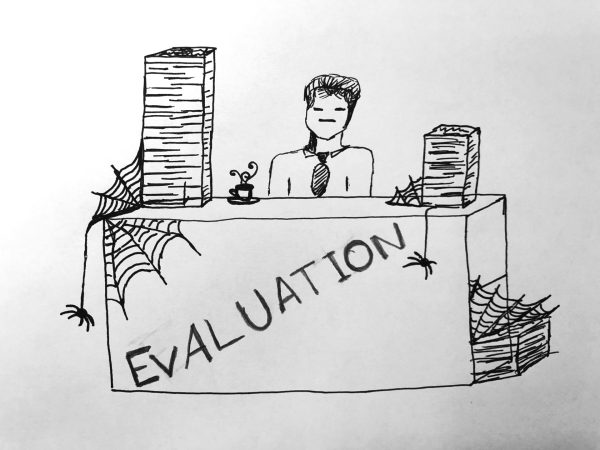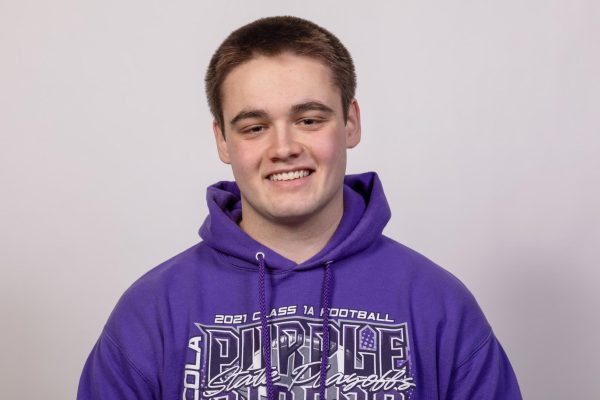Staff Editorial: Burden of trust falls authorities, not minorities
November 12, 2014
In Monday’s edition of The Daily Eastern News, we reported on a coffee hour meant to open dialogue about racism and discrimination in and around Charleston and Eastern.
Hosted by the Interdisciplinary Center for Global Diversity and attended by local figures such as Eastern President Bill Perry and Charleston Mayor Larry Rennels, by all accounts the forum was productive.
While the mood might have been, at times, tense, it appears attendees were able to, at the very least, acknowledge race problems within our community, as well as work toward some first steps in alleviating those perceptions.
However, one issue was raised that we feel could have been better explained—an issue we’ve wrote extensively about in the past, and one that has consumed almost all stories of racism in this country for the past few months: the relationship between minorities and police officers.
In many places, those relationships seem almost beyond repair—the tension and disdain just one byproduct of years of abuse, targeting and disproportional force that has ravaged communities from Florida to Los Angeles, from New York to east Missouri.
But if we’re being completely honest, it can simultaneously become a non-issue for many white Eastern students, students who don’t have such burdens thrust upon them every day, who don’t live in constant fear of having to prove their own innocence rather than their guilt, who don’t have to see innocent people oppressed every day across this country and think “wow, when is that going to be me.”
That, in and of itself, is a problem. By that, we’re not just referring to police discrimination, but the complete incapability of many people in this country to actually understand what such action has on the psyche—the absolute inability to contextualize such fear or personalize such distrust.
It’s a problem that can be remedied only by communication and honesty, much like what’s occurred on Eastern’s campus. And for that, we think it’s important to credit the Eastern community for trying to confront such a daunting issue.
However, the distinct chasm between police and minorities will not be solved through dialogue alone—an idea we feel it necessary to reiterate with Monday’s article.
At the forum, the issue of minority representation in the local police force was discussed, with some audience members suggesting more students participate in the force’ Ride-A-Long program so as to improve their trust of officers.
That is a great idea—really. But it still misses a crucial variable—still misses the mark. Because the burden of trust between citizens and those sworn to protect them should fall on the latter, not the former.
Nurturing those relationships is, by all measures, a good idea. But supposing it the singular job of African-Americans to learn to trust police in this country (because this is an issue much bigger than Charleston) not only ignores historical mistreatment, but thrusts the responsibility on them, and them alone.
Attending the Ride-A-Long program is by no means a bad idea. But it is still the police force’s duty to earn the public trust, and not the other way around.















































